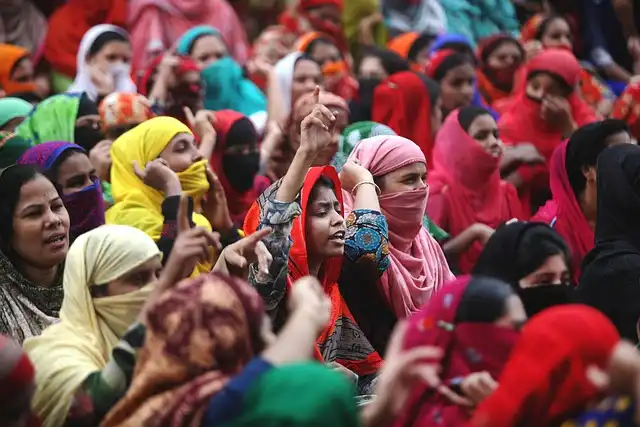Tunisia: LGBTQ+ Arrests & Crackdown Concerns

Tunisia faces criticism over increased LGBTQ+ arrests in Tunis & Djerba. Damj reports abuse & urges legal protection. Article 230 criminalizes same-sex acts. Digital monitoring & discrimination are escalating issues.
LGBTQ+ Arrests in Tunisia
Damj, a neighborhood LGBTQ organization, said the apprehensions happened in Tunis, the Tunisian resources, and on Djerba, an island off of Tunisia’s southeastern coastline that is prominent with tourists, over the period of two weeks.
“These are locations understood for LGBTQ+ presence, which discusses why arrests often tend to increase there.
Damj’s Response to Arrests
Damj also urged participants of the LGBTQ community to call them, a lawyer or trusted individual, in addition to continue to be quiet till an attorney shows up and not authorize any type of documents without reviewing them in person if they are jailed.
“What is taking place can not be neglected,” stated the team. “We comply with the stress and anxiety of duplicated arbitrary arrests, and frequently without any clear lawful basis. People are targeted based upon their look and due to the fact that they do not match the normal gender assumptions, or perhaps just because they remain in public areas. They are after that required to the safety and security facilities, where they are looked and based on savage abuse, that impacts their dignity.”
Article 230 and LGBTQ+ Rights
Authorities in Tunisia last month jailed 14 LGBTQ individuals that they declare violated Article 230 of the country’s chastening code that outlaws consensual same-sex sexual relations with as much as 3 years behind bars for both males and females.
Damj and various other regional LGBTQ companies in 2014 advised Meta, the moms and dad firm of Facebook, Instagram and WhatsApp, to protect LGBTQ individuals from acts of cyberbullying and catfishing from police officials and others.
“We must comprehend that using the legislation this way has absolutely nothing to do with protecting the system, yet instead a straight relationship with trying to impose one identification, one image, one kind of acceptable presence in the Tunisian social fabric,” added Trans Coalition Unity Tunisia.
“Police apprehensions of participants of the LGBTQ+ area have risen,” stated Damj. Generally, people are apprehended, their phones and personal belongings are searched, and they are after that referred to the judiciary under Post 230 and the short articles on attacks versus public precepts.”
“Cops apprehensions of participants of the LGBTQ+ area have risen,” said Damj. “These apprehensions have actually been concentrated in Tunis’s town hall and Djerba. Generally, individuals are arrested, their phones and valuables are searched, and they are then described the judiciary under Article 230 and the posts on assaults against public morals.”
Digital Monitoring Concerns
“The current apprehensions have actually happened in Tunis and in Djerba, a southern, tourist-heavy area,” said the researcher. “These are areas understood for LGBTQ+ visibility, which discusses why apprehensions have a tendency to surge there. Our evaluation reveals that these apprehensions are usually random and not part of any kind of deliberate or consistent pattern.”
“The recurring electronic monitoring and the libel campaigns spread on the media with no protection as if revealing individuals from the LGBTQ area has ended up being a normal technique,” kept in mind the group. “The State does not recognize the legal rights of the LGBTQ neighborhood, but it is chasing them, and monitoring them.”
1 anti-discrimination law2 arrests
3 Article 230
4 human rights
5 LGBTQ rights
6 Tunisia
« LGBTQ+ Voices: Equality Tour Counters DisinformationBillie Jean King: History, Activism, and Education »
